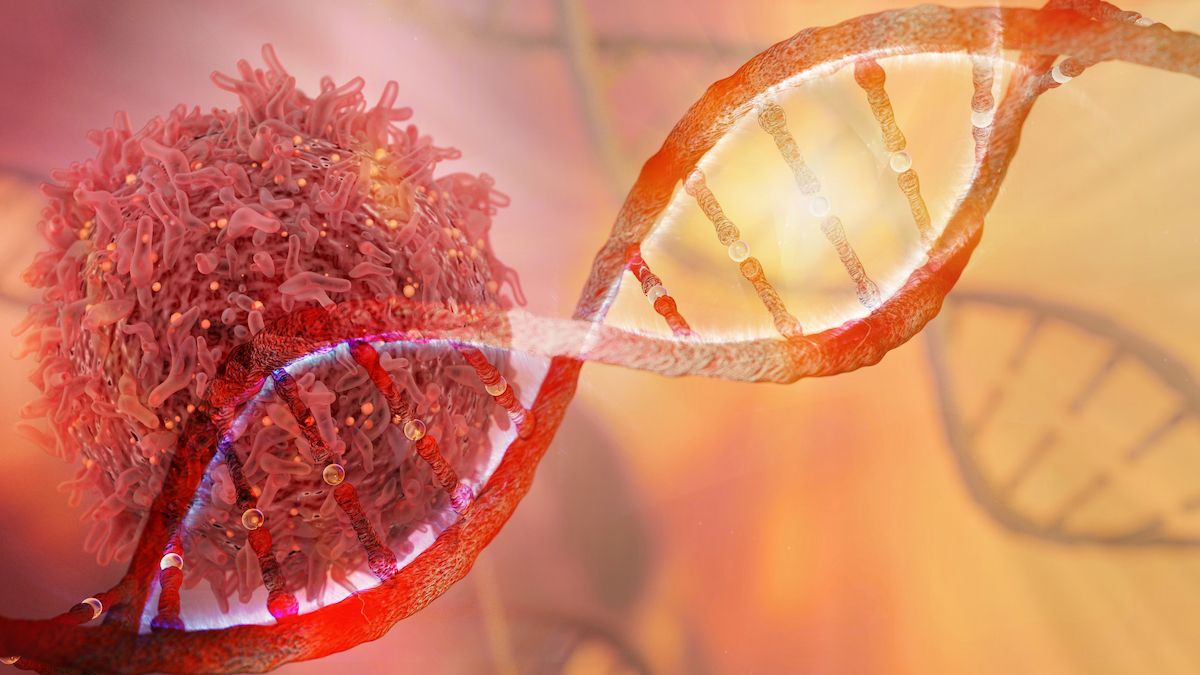Chemotherapy Rechallenge May Mitigate Hypersensitivity Reactions in Cancer
Hypersensitivity reactions following platinum-based treatment appear to be more severe than hypersensitivity reactions after taxanes among patients with cancer.
Investigators of this retrospective chart review analyzed HSRs among patients who received treatment at the ambulatory Hyogo Cancer Center. Estimations of HSRs severity were based on CTCAE v5.0 criteria, with grade 1/2 events defined as mild HSRs and grade 3/4 events defined as severe.

Hypersensitivity reactions (HSRs) at an ambulatory chemotherapy center appeared to be uncommon but potentially life-threatening over 12 years, although such reactions were manageable when rechallenging causal agents, according to findings from a retrospective chart review presented at the MASCC/JASCC/ISOO 2023 Annual Meeting.
Patients most commonly received platinum-based agents (53.4%; n = 307) and taxanes (18.3%; n = 105). The most frequently administered agents included oxaliplatin (n = 150), carboplatin (n = 147), paclitaxel (n = 61), docetaxel (n = 44), pre-medications (n = 35), trastuzumab (Herceptin; n = 33), and rituximab (Rituxan; n = 30).
Of those who received oxaliplatin, 92.7% experienced grade 1/2 HSRs, and 7.3% experienced grade 3/4 events. For patients receiving carboplatin, grade 1/2 HSRs occurred in 87.8%, and 12.2% experienced grade 3/4 events. Grade 1/2 HSRs also occurred in 95.1% of patients receiving paclitaxel, and grade 3/4 HSRs affected 4.9%. Additionally, all patients who received docetaxel had grade 1/2 HSRs but did not experience high-grade events.
Overall, 10.1% of patients who were treated with platinum-based chemotherapy experienced grade 3/4 HSRs compared with 2.86% of those receiving taxanes. Investigators indicated that HSRs following platinum-based treatment were significantly more severe than HSRs following treatment with taxanes (P = .0199).
Investigators rechallenged treatment with platinum-based chemotherapy in 125 patients, including carboplatin in 64, oxaliplatin in 60, and cisplatin in 1. Of these patients, 85.6% were successfully rechallenged. Among those receiving taxane drugs, investigators rechallenged treatment in 66, including paclitaxel in 34 and docetaxel in 32. Within this group, rechallenging was confirmed to be successful in 95.5% of patients.
Investigators of this retrospective chart review analyzed HSRs among patients who received treatment at the ambulatory Hyogo Cancer Center. Estimations of HSRs severity were based on CTCAE v5.0 criteria, with grade 1/2 events defined as mild HSRs and grade 3/4 events defined as severe.
From April 1, 2009 to March 31, 2021, 142,894 patients received treatment at the ambulatory chemotherapy center, of whom 584 experienced HSRs. Additionally, 4 patients lacked sufficient records, 4 were determined to not have HSRs, and 1 had duplicate data, resulting in an analysis of 575 patients with HSRs in this study.
Of those with HSRs, the median age was 62 years (range, 27-88), and most were female (73.7%). The most common cancer types included gastrointestinal (GI) cancer (n = 184), gynecologic cancer (n = 184), breast cancer (n = 116), and hematologic cancer (n = 32).
The most common symptoms of HSRs included skin symptoms (64.9%), GI symptoms (20.3%), chest discomfort or dyspnea (15.5%), hypoxia (11.5%), and hypotension (9.6%). Moreover, 4.0% of patients required treatment with epinephrin, and 9.0% required hospitalization due to HSRs.
The median number of cycles of HSR onset was 8 for patients receiving oxaliplatin, 10 for those receiving carboplatin, 2 for those receiving paclitaxel, and 2 for those receiving docetaxel. Additionally, the median number of cycles of HSR onset was 8 or 10 for platinum-based treatment vs 2 for treatment with taxanes (P <.0001).
According to the investigators, limitations for the review included the fact that the diagnostic criteria and grading of HSRs depended on the assessments of physicians or nurses. Moreover, due to a potential selection bias in reporting HSRs, investigators may have underestimated the frequency of low-grade HSRs due to monoclonal antibodies. Additionally, investigators indicated that they did not evaluate the HSRs of in-patient individuals.
Reference
Morita M, Kawamura M, Sakai H, Onoe T, Ikeuchi K, Matsumoto K. Hypersensitivity reactions (HSRs) at the ambulatory chemotherapy center and re-administration over 12 years. Presented at the MASCC/JASCC/ISOO 2023 Annual Meeting; June 22-24, 2023; Nara, Japan. https://bit.ly/43hkpnZ
How Supportive Care Methods Can Improve Oncology Outcomes
Experts discussed supportive care and why it should be integrated into standard oncology care.